Urban Culture and Heritage
Special Sessions Venue: Room 15-Demetrio Aguilera Theater- United Nations Educational, Scientific and Cultural Organization (UNESCO).
- Office of the High Commissioner for Human Rights (OHCHR),
- United Nations Department of Economic and Social Affairs (UNDESA),
- United Nations Human Settlements Programme (UN-Habitat).
- Birgit de Boissezon Head Of Unit Sustainable Management Of Natural Resources Directorate For Climate Action And Resource Efficiency Denmark
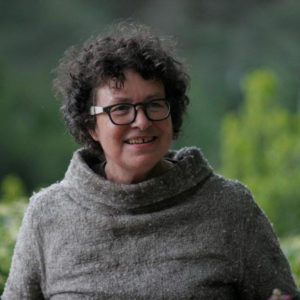
- Eric Huybrechts General Directorate Of International Affairs Institut d'aménagement et d'urbanisme d'Ile-de-France France
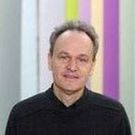
- Francesco Bandarin Assistant Director-General For Culture United Nations Educational Scientific And Cultural Organization (UNESCO) Italy
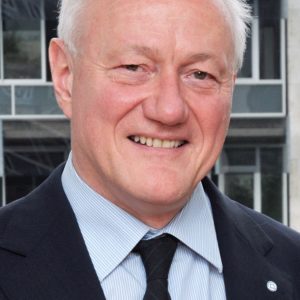
- Josep Roig Secretary General United Cities And Local Governments (UCLG) Spain
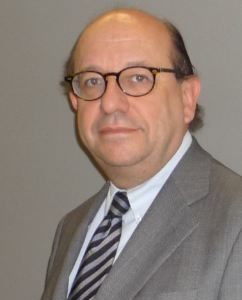
- Juan Espada Secretary-General United Cities And Local Governments (UCLG) UCLG Spain

- Luis Banck Serrato Municipal President Of Puebla De Zaragoza Municipal Goverment Of Puebla Mexico
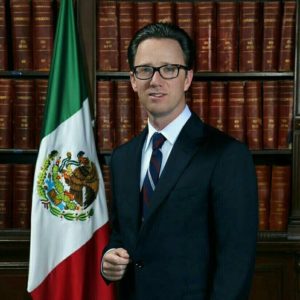
- Minja Yang President And Professor Raymond Lemaire International Centre For Conservation /KU Leuven Japan
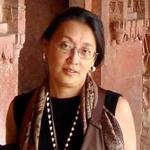
- Mohamed Teyah Mayor Of Tichitt

- Patricia M O'Donnell Principal Heritage Landscapes US ICOMOS United States of America
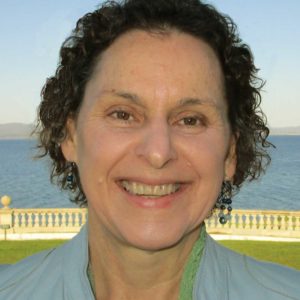
The Role of Culture for Sustainable Urban Development
In a global context characterized by unprecedented levels of urbanization, the preservation of the quality of urban life, the protection of urban identities, the valuing of local cultures, and the promotion of creative expressions, and industries, the arts and heritage as enablers and drivers of sustainable social and economic development is now more important than ever. Culture should be considered as a catalyst for mixed-use, human scale cities that integrate cultural and natural resources in order to be more sustainable. While historic urban and natural landscapes give communities a sense of belonging, enhancing social cohesion in urban spaces that risk fragmentation, urban heritage can contribute to sustainable development through creative strategies of urban regeneration and adaptive reuse.This session will thus build on the knowledge and expertise of participating experts, as well as the audience, to discuss the way forward for the implementation of the 2030 Agenda and the New Urban Agenda from a culture perspective.
Guiding Questions
· How can local authorities build on creativity and heritage to strengthen a sense of place and belonging?
· What are the main challenges facing historic centres and how they be overcome?
· How can culture contribute to reduce gentrification in urban areas?
· How can the role of culture in urban planning tools be strengthened to improve governance systems?
· How can public-private partnerships contribute to the safeguarding of heritage for sustainable urban development?
